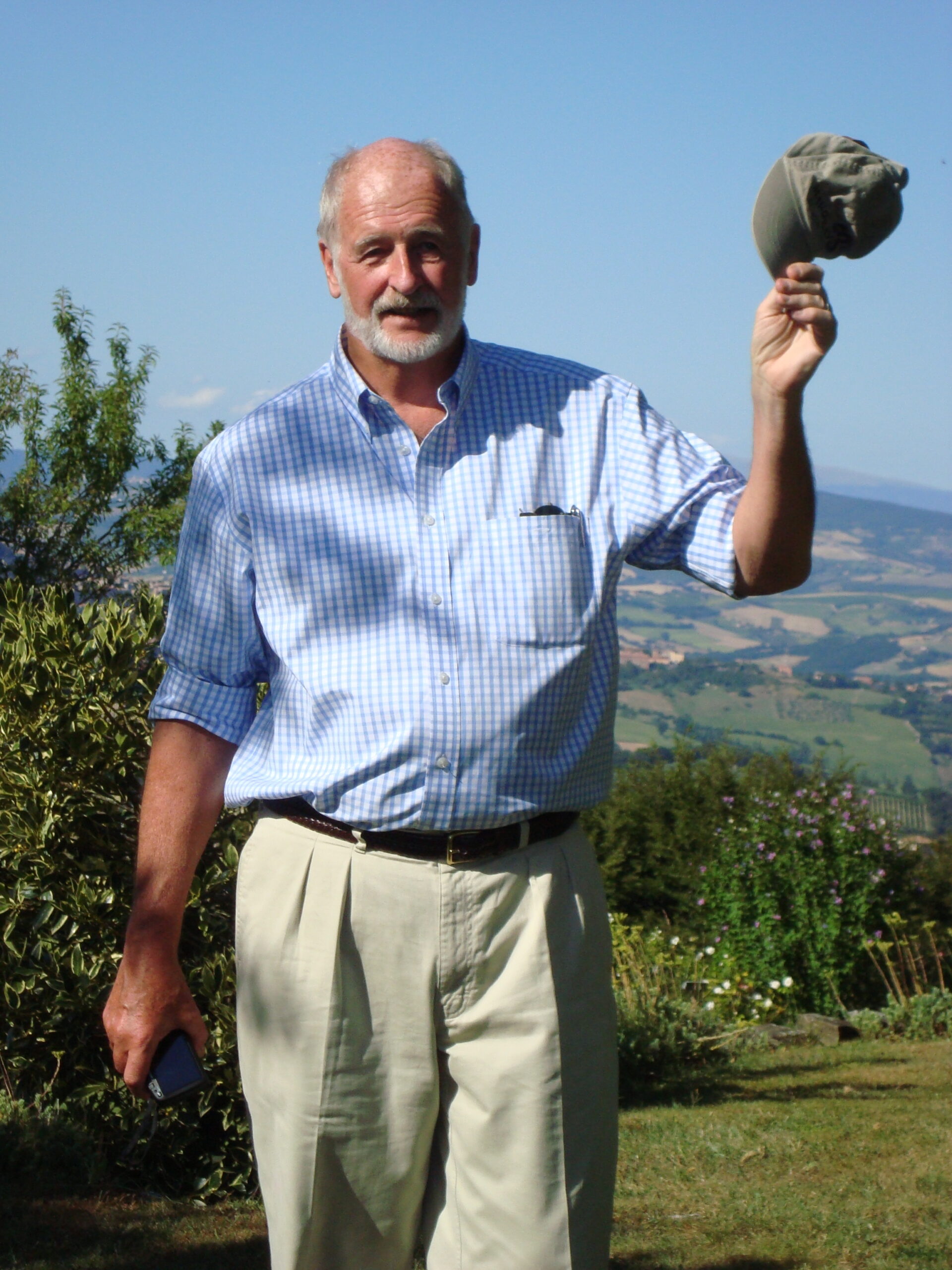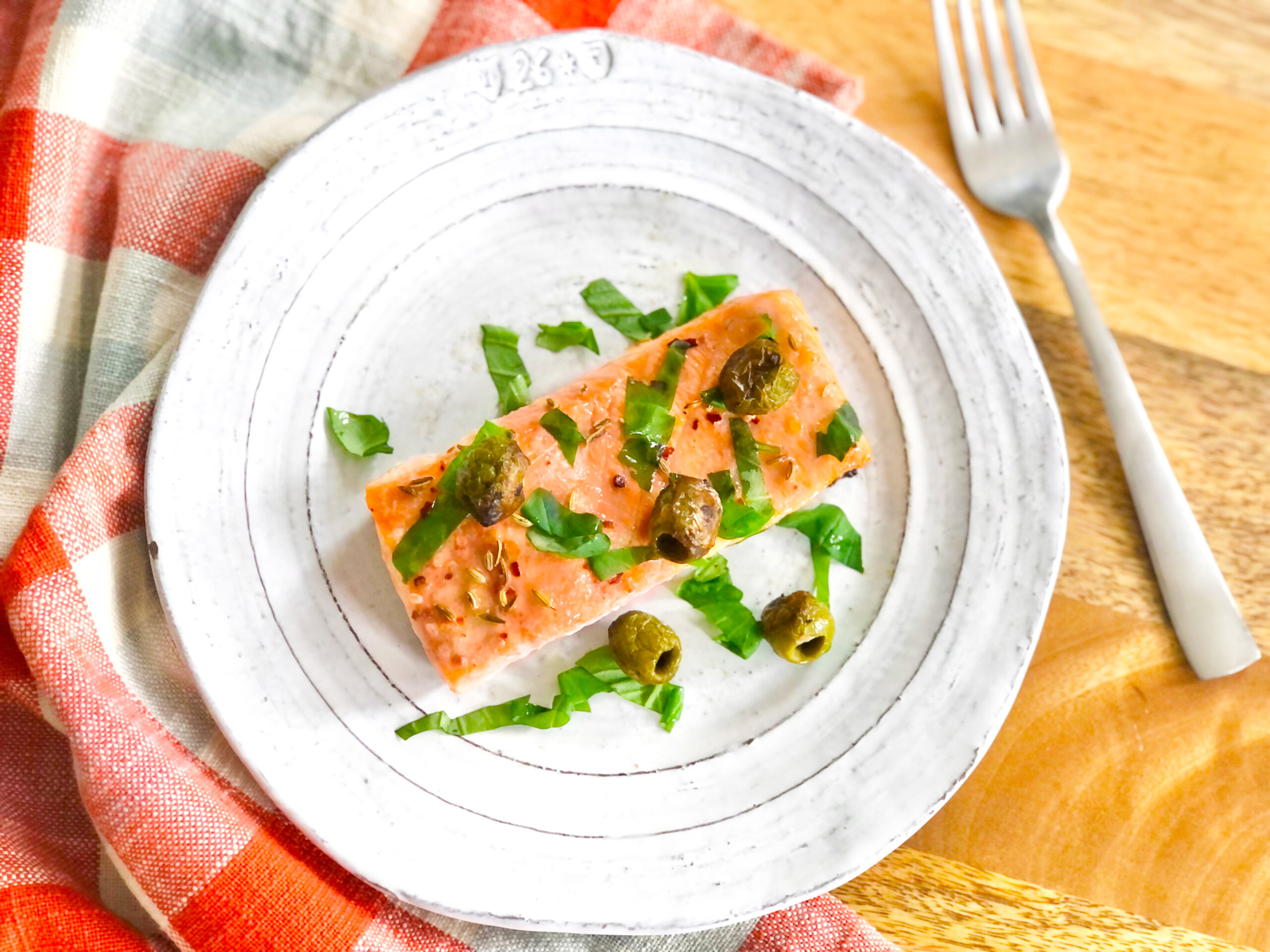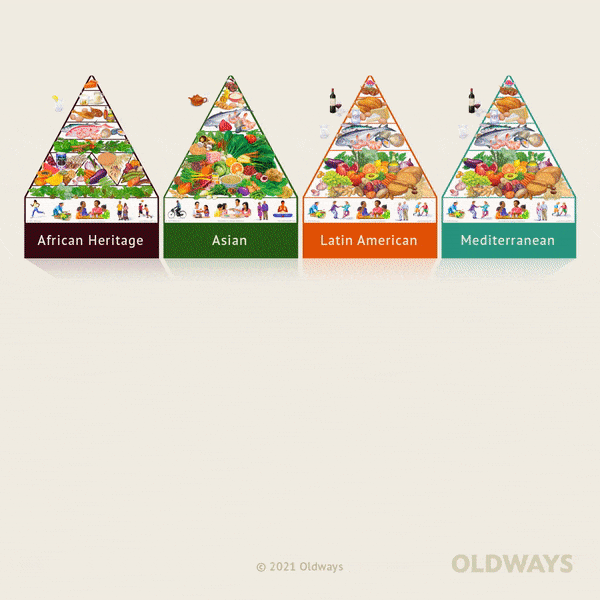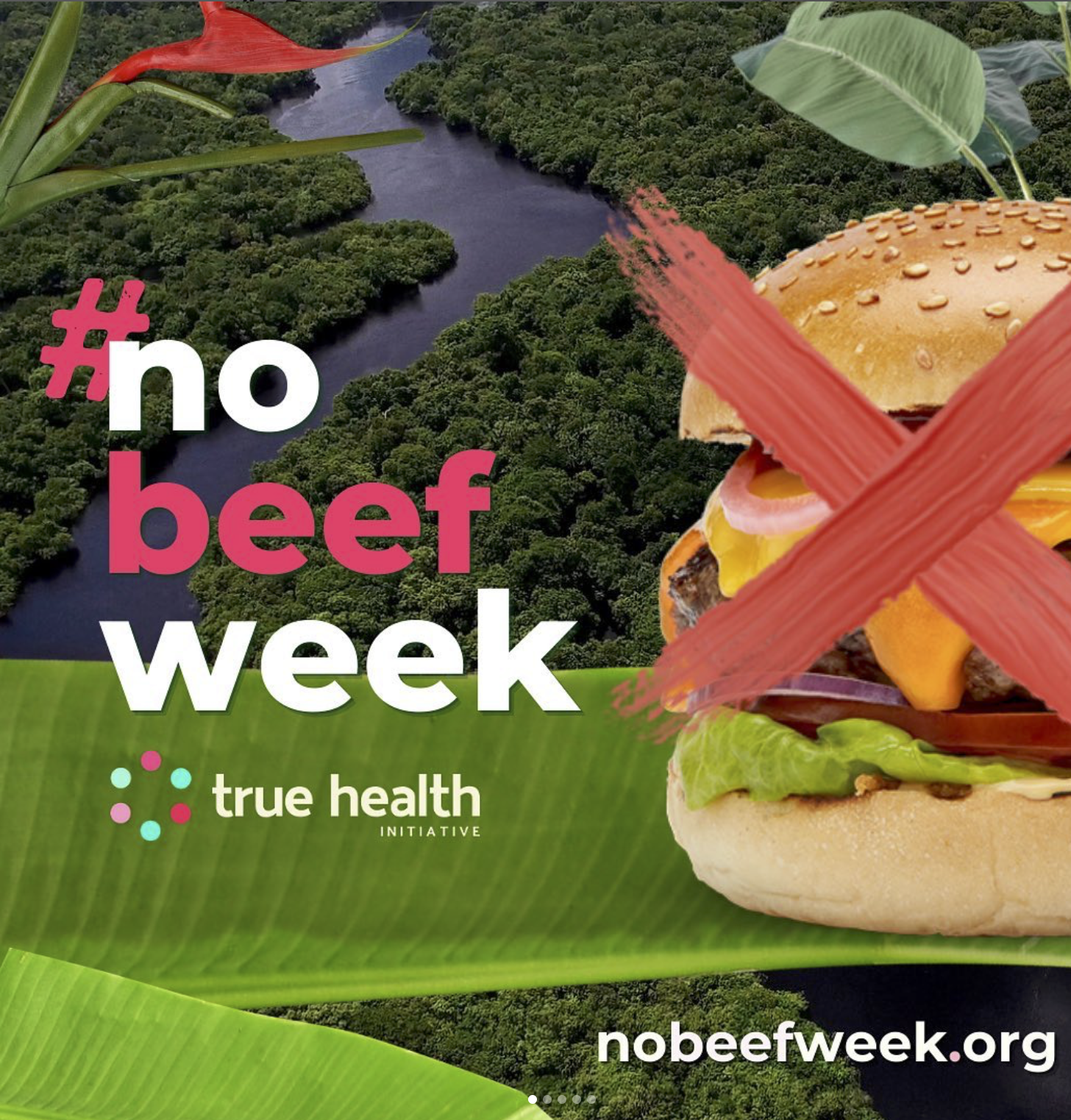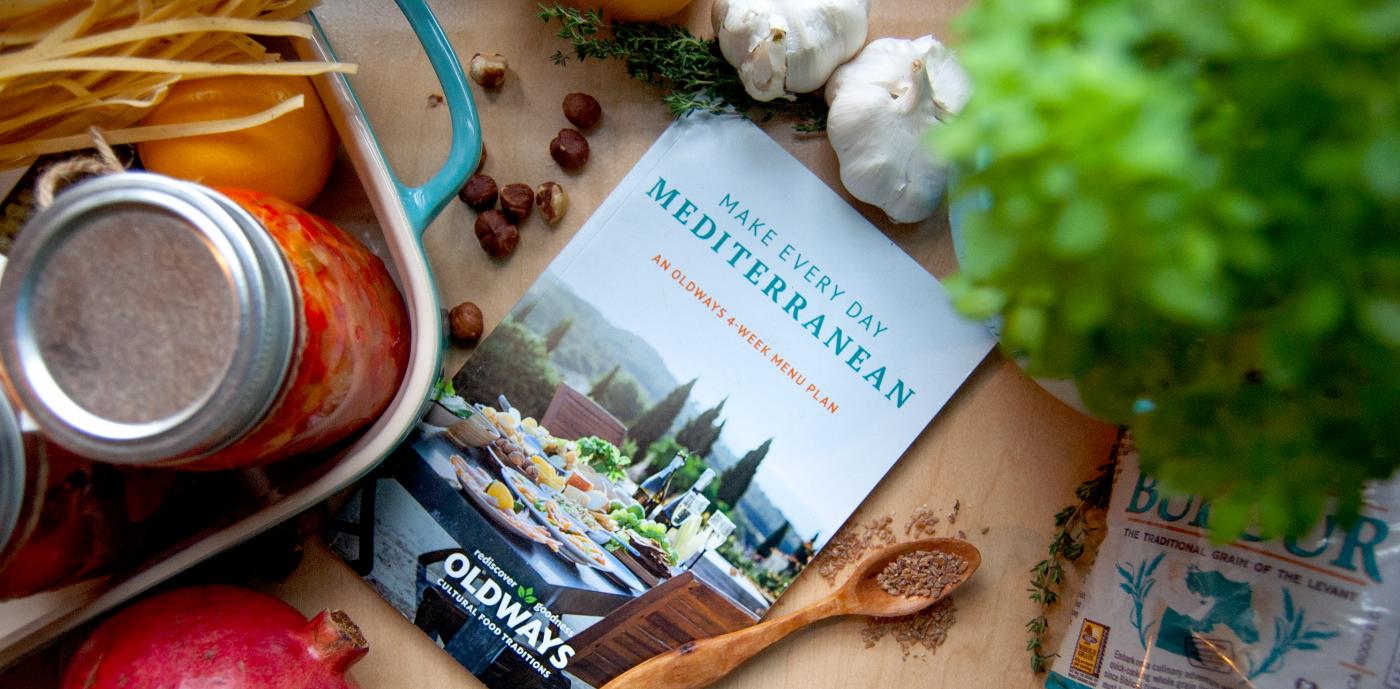Friday, April 22nd is Earth Day, a day that was created to demonstrate support for environmental protection. Earth Day was first celebrated in 1970, a time when there was no active support for protecting the environment – there was no EPA (it was created in December 1970); and environmental legislation we are so familiar with today, such as the Clean Water Act (1972) and Clean Air Act (1970), hadn’t been enacted yet.
Senator Gaylord Nelson, a Democrat from Wisconsin, created Earth Day to bring attention to environmental issues. Oldways founder K. Dun Gifford, a legislative assistant to Senator Edward Kennedy in the late 60s, remembers in his oral history to the Edward M. Kennedy Institute, “It was a good time to be there at the end of the sixties, just a great time to be in the Senate. I was part of the staff group that worked up Earth Day with Gaylord Nelson, for example. I was Teddy’s man on that group, and I ended up being deeply involved in it.”
Much has changed since Senator Nelson created Earth Day. While it’s easy to think that big companies and governments big and small are responsible for reducing greenhouse gas emissions and dealing with climate change, the truth is that it also takes each one of us to make a difference.
That each one of us can make a difference is a guiding principle that Bobby Kennedy lived by, and one that Oldways founder Dun Gifford brought to the activities of Oldways. Dun put a photo of Bobby behind the door to his office, a photo that is still there today.
We love this advice: Just do something. Start big, start small, but most of all, just start. For this year’s Earth Day, we’ve got four action ideas for you (below) to just start!
For Oldways, making a difference for the planet revolves around food and agriculture. Happily, these actions are equally healthy for human health. We hope these ideas are inspiration for you to make a difference as well.
1. Support sustainable seafood sources. Demand for seafood has outgrown the production of sustainable wild-caught seafood that our oceans can support, which means that choosing responsibly farmed salmon is a delicious way to foster both human and environmental health.
We are pleased to announce our collaboration with the Global Salmon Initiative, who share a vision of providing a healthy and sustainable source of protein to feed a growing population, while minimizing their environmental footprint, and continuing to improve their social and economic contribution.
Together with the Global Salmon Initiative we’ve created four Planetary Plates that capture the healthy and sustainable joys of diverse heritage cuisines (including Mediterranean, Thai, Indian, and Nordic).
Planetary Plates are where globally-inspired cuisine meets planet-friendly meal planning. The simple recipe for Mediterranean Salmon with Olives showcases Mediterranean flavors at their finest, with a quick, weeknight-friendly preparation method that features responsibly farmed salmon. To round out the meal, we suggest serving the salmon with a leafy green, like in a kale citrus salad, and healthy whole grain, like whole grain orecchiette. To know you’re buying farmed salmon raised to the highest environmental and social standards, look for the Aquaculture Stewardship Council logo. (An Oldways recipe and photo, created in partnership with the Global Salmon Initiative.)
2. Use Heritage Diets (including the Mediterranean Diet) as your guide to a lower environmental footprint. At our core, we promote Heritage Diets or cultural food traditions, such as the Mediterranean Diet, ones that favor plant-forward eating and also feature very little red meat consumption. It’s not just the Mediterranean Diet, but all Heritage Diets. You’ll see there are more prominent similarities, rather than differences, among Heritage Diets from around the globe.
Dietary targets established by experts to optimize both human and planetary health are very much in line with Oldways Heritage Diets. For example, the EAT Lancet Commission convened 37 leading scientists from 16 countries in various disciplines – including human health, agriculture, political sciences and environmental sustainability – to develop global scientific targets for healthy diets and sustainable food production. This was the first attempt to set universal scientific targets for the food system that apply to all people and the planet.
The report confirmed that: ‘Transformation to healthy diets by 2050 will require substantial dietary shifts. Global consumption of fruits, vegetables, nuts and legumes will have to double, and consumption of foods such a red meat and sugar will have to be reduced by more than 50%.”
3. Eat less beef. We are participating in #NoBeefThisWeek, a campaign started by the True Health Initiative to bring attention to the devastation of the Rain Forest by deforestation to accommodate beef production. We encourage you to click here to learn more and take the challenge.
4. Connect with others embracing sustainable diets to build mutual support and accountability. Mediterranean Diet Month is in May, and we’re celebrating with a 4-week healthy eating challenge beginning on May 2nd. This year, we’re celebrating all heritage diets alongside the Mediterranean Diet: African, Latin American, and Asian. It’s a celebration of good food and good health! Click here to get started by joining the challenge!
If you’re not already doing so, we encourage you to JUST START making a difference individually, and with your family and friends. Look for sustainably raised foods, like sustainably raised farmed salmon (look for the ASC certification). Eat more plants. Compost. Reduce food waste. Take the #NoBeefThisWeek challenge, and perhaps make it last longer than one week, and join us for Mediterranean Month and cook along with thousands of others who are making a difference in their own health (and that of the planet).
Want biweekly Med Diet information and recipes in your Inbox? Sign up for our Fresh Fridays newsletter by clicking the Subscribe button at the bottom of this page!
Join the Make Every Day Mediterranean Club Facebook group for additional information and support



